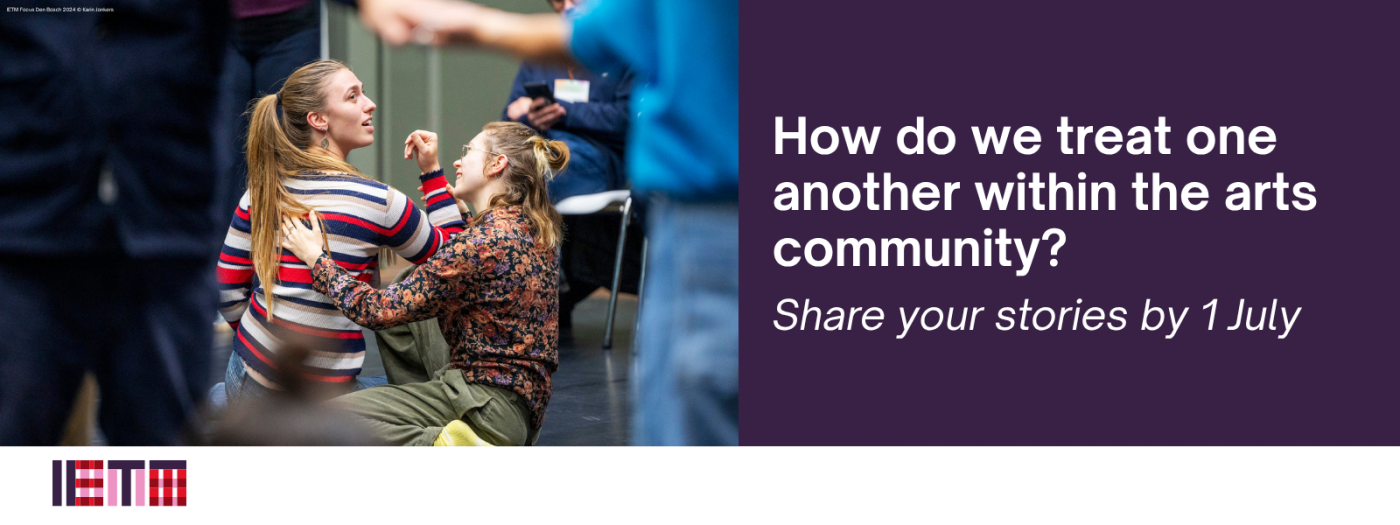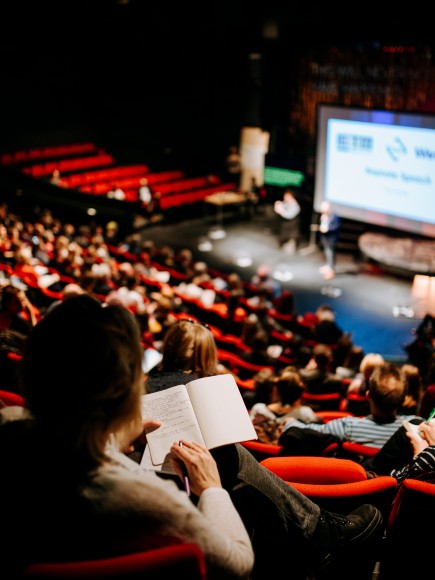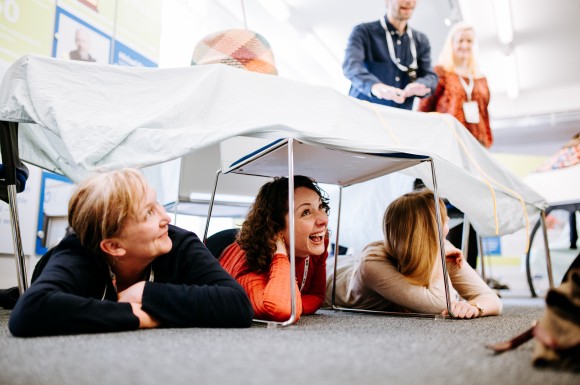We are one of the oldest and largest international cultural networks, representing the voice of over 500 member organisations and individual professionals working in the contemporary performing arts worldwide. Learn more Learn more
IN THE SPOTLIGHT:

News Find out what’s on in our network as well as in the European and global performing arts scenes Read more








